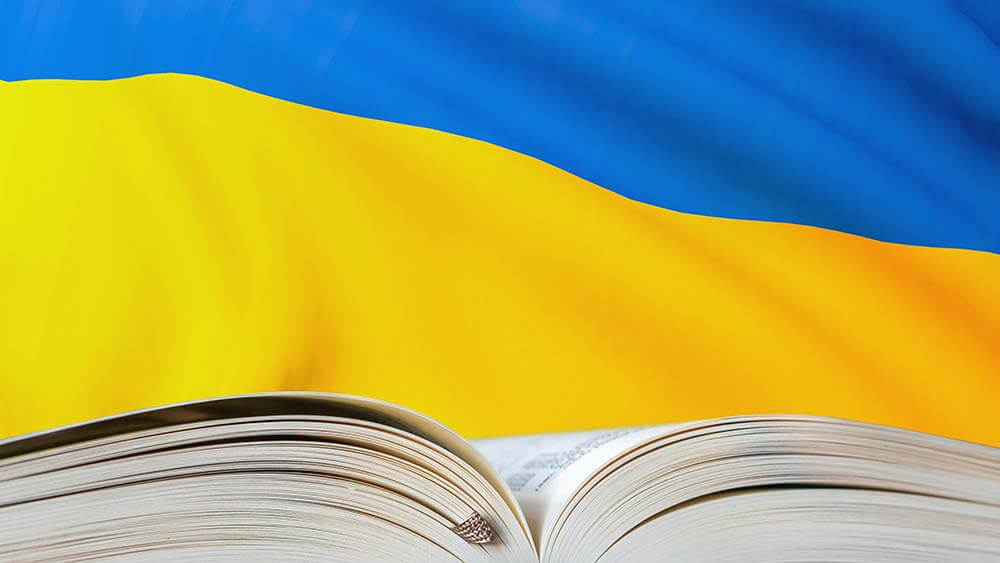Hello! I hope you are all well. If you are in the US, I hope you are all voting!
I’ve read three books this week, and have reviewed them below. I have also included a list of organizations you can donate to in order to support Ukrainians in need. Please do so if you are able.

From The Kingdom of Memory: Reminiscences by Elie Wiesel,
By Elie Wiesel

“What lessons can be learned from this? Two men can be brothers and yet wish to kill each other, and also whoever kills, kills his brother. But we only learn these lessons too late. In time of war, whoever is not our brother is our enemy; we are forbidden to be compassionate or give in to our imagination. If the soldier were to imagine the suffering he is about to inflict, he would be less eager to wage war. If he were to consider the enemy a potential victim—and therefore capable of weeping, of despairing, of dying—the relationship between them would change. Every effort is made, therefore, to limit, even stifle, his imagination, his humanitarian impulses, and his capacity to experience a feeling of brotherhood toward his fellow man.”
Elie Weisel is so wise. This book collects his wisest speeches and essays all in one place. In this book, he talks about his experiences during the Holocaust, literature’s power, the importance of remembering atrocities of the past instead of denying them, and his hopes for peace.
If you were to read only two books by Wiesel, I would recommend this book and Night. It’s hard to explain how important From The Kingdom of Memory is without reading it yourself, but I hope that you get a sense of it from the passage I have quoted, and that you are inspired to read it yourself.
In Other Words, by Jhumpa Lahiri, Translated by Ann Goldstein

“Credo che il mio nuovo linguaggio, piú limitato, piú acerbo, mi dia uno sguardo piú esteso, piú maturo. Ecco la ragione per cui continuo, per il momento, a scrivere in italiano.”
“I think that my new language, more limited, more immature, gives me a more extensive, more adult gaze. That’s the reason I continue, for now, to write in Italian.”
Once upon a time, the author Jhumpa Lahiri wrote in English. Then she moved to Italy and started writing only in Italian. This is a book about why she chose to write in Italian.
It has some interesting ideas about language and identity—Lahiri associated different languages with different emotions. She associated Bengali and English with insecurity and embarrassment, for instance, but associated Italian with escape and creating her own identity.
Given this focus, her book gave me a better understanding of language’s importance in creating identity. It also left me with a lot of questions. Why did Lahiri think that she could grow more as a writer in Italian than in English? She mentions that it gives her a new perspective, which makes sense, and how never really having a mastery of Italian would mean she’d always be growing in terms of language, but isn’t there much more to writing (like understanding other people) than perspective and language-mastery? Still, I admire her a lot for switching to Italian, and for writing this book in Italian after only a year or so in Italy.
Overall, if you’re curious about language and identity, I’d recommend this book.
Moscow to the End of the Line, by Venedikt Erofeev,
Translated by H.W. Tjalsma

“Now I’m almost in tears feeling sorry for myself [….]I’m sorry because I just calculated that from Chekhov Street to this hallway I drank up six rubles—but where and what and in what sequence, to good or evil purpose? This nobody knows and, now, nobody will ever know. Just as we don’t know to this day whether Tsar Boris killed the Tsarevich Dimitri or the other way around.”
“This [brew] is more than a beverage—it is the music of the spheres. What is the finest thing in the world? The struggle for the liberation of humanity. But even finer is this (write it down):
Zhiguli Beer: 100 g.
‘Sadko’ Shampoo: 30 g.
Dandruff Treatment: 70 g.
Athlete’s Foot Remedy: 30 g.
Small Bug Killer: 20 g.
The whole thing is steeped for a week in cigar tobacco and served at table.”
Moscow To The End of The Line stars a fictionalized version of Venedikt Erofeev as he drunkenly boards a train and tries to stay onboard long enough to reach the end of the line, his girlfriend, and his son. Along the way, he speaks (and drinks) with angels, sphinxes, devils, and ordinary passengers. He also makes a lot of references to Russian history, literature, and art, so if you know a lot of Russian history, have read a lot of Russian literature, and have seen a lot of Russian art, this is the book for you! If not, I would recommend holding off until you have done the above. The book is very funny already but it’s even funnier if you know what the author’s referencing.
Finally, I think that beyond the book’s humor, you could interpret it as saying a lot about how revolutions go awry—they can set off towards one destination only to wind up in a completely different place (like a drunken guy on a train).
So those are my thoughts about this terrific book. I would definitely recommend you read it sometime in your life, but you may want to read it sooner or later, depending on your knowledge of Erofeev’s references.
I’d love to hear your thoughts if you’ve read any of these books. Feel free to comment below!
Finally, as promised, here’s a list of organizations you can donate to in order to support Ukrainians in need:
Razom For Ukraine—Provides medical relief for soldiers and doctors on the front line. Donate here: https://razomforukraine.org/
Cash for Refugees—An organization founded by refugees for refugee. Gives cash to Ukrainian refugees so they can use the money for needs not covered by other humanitarian efforts (like SIM cards and clothes) and reclaim a sense of agency. Donate here: https://donorbox.org/cashforrefugees2
Mriya—An organization started by Boston University students to provide items like tourniquets and sleeping bags to Ukrainian soldiers. Donate here: https://mriya-ua.org/
Doctors Without Borders—Ships emergency supplies to Ukrainian hospitals. Donate here: https://donate.doctorswithoutborders.org/secure/donate